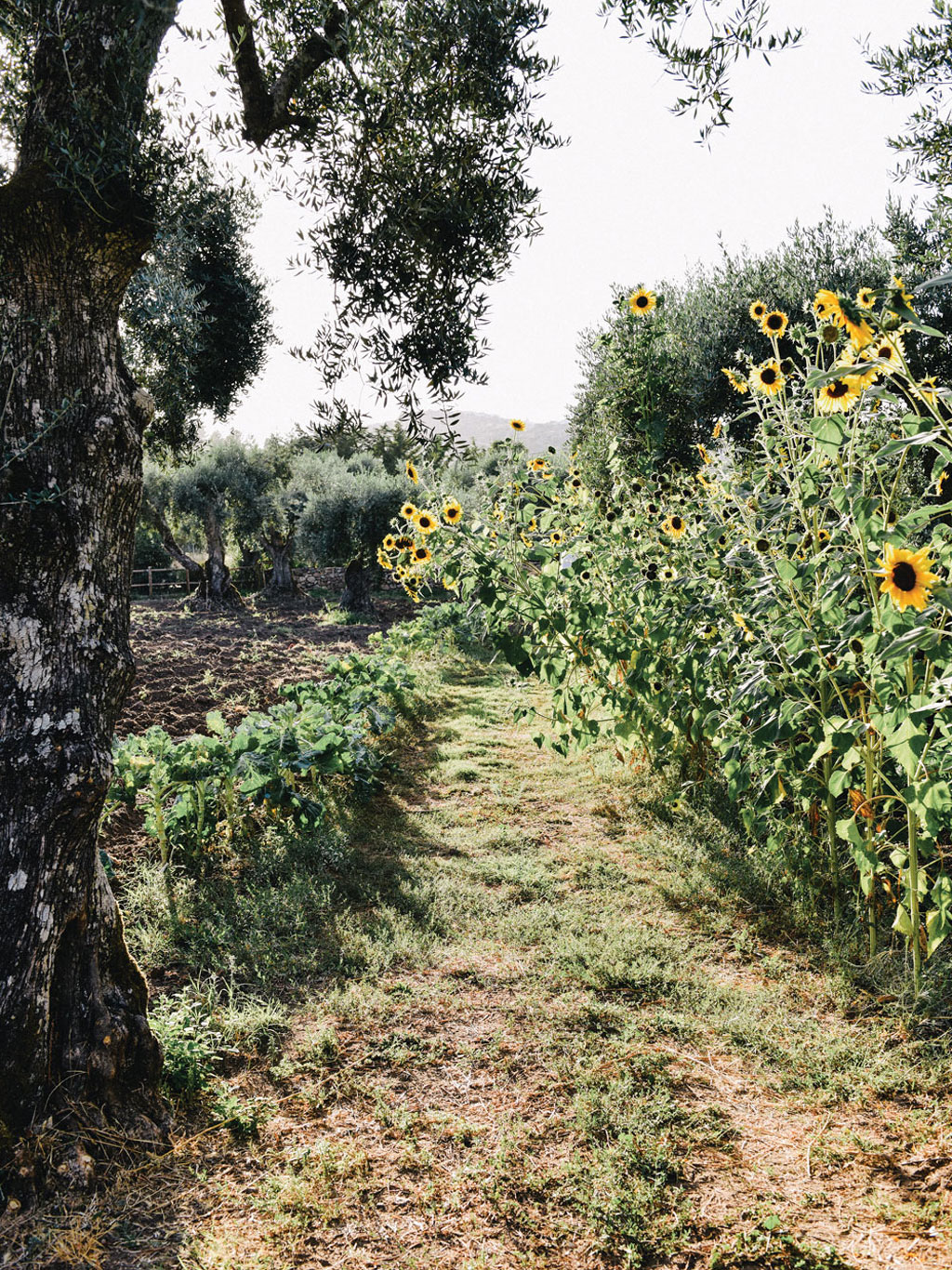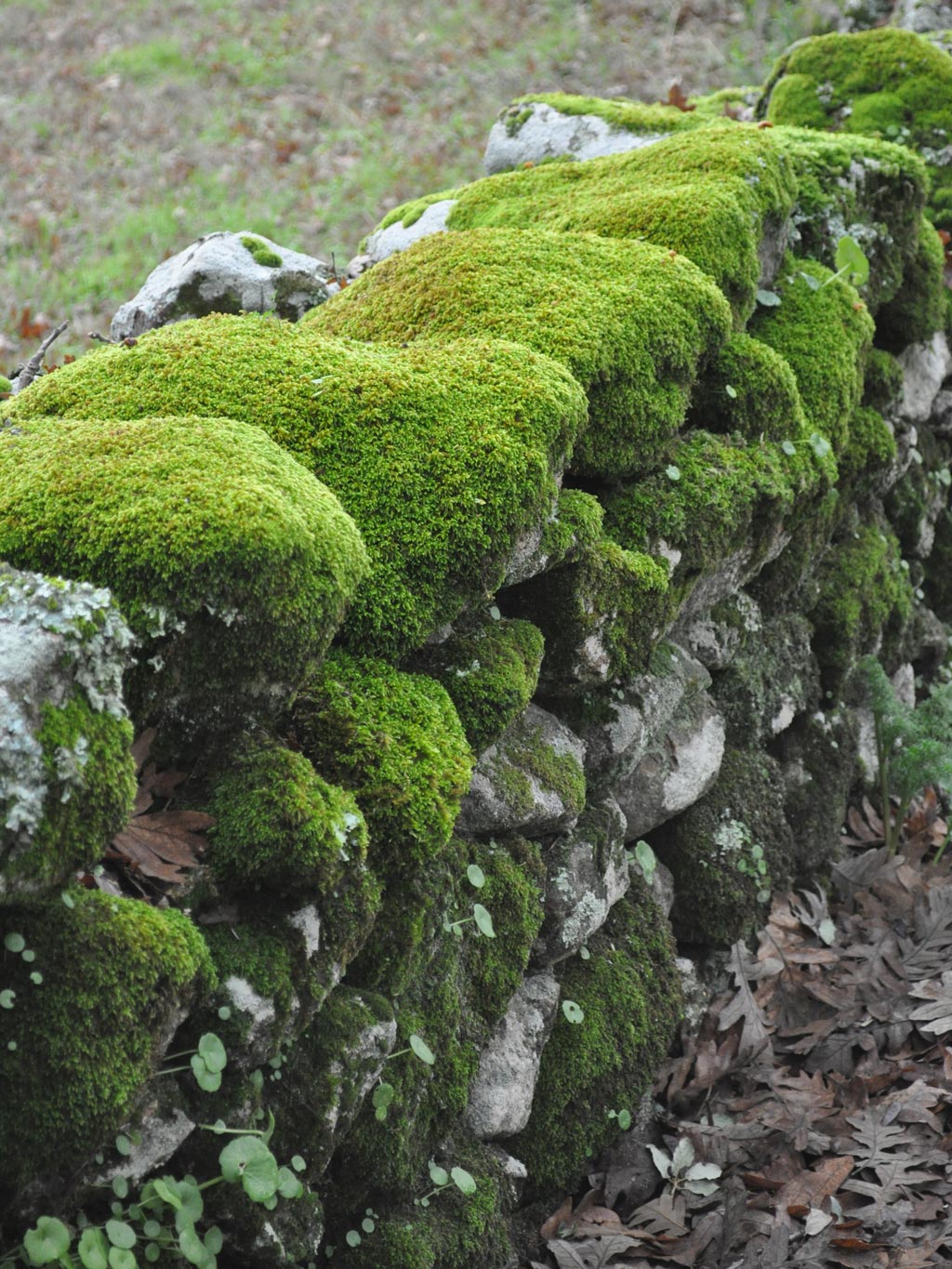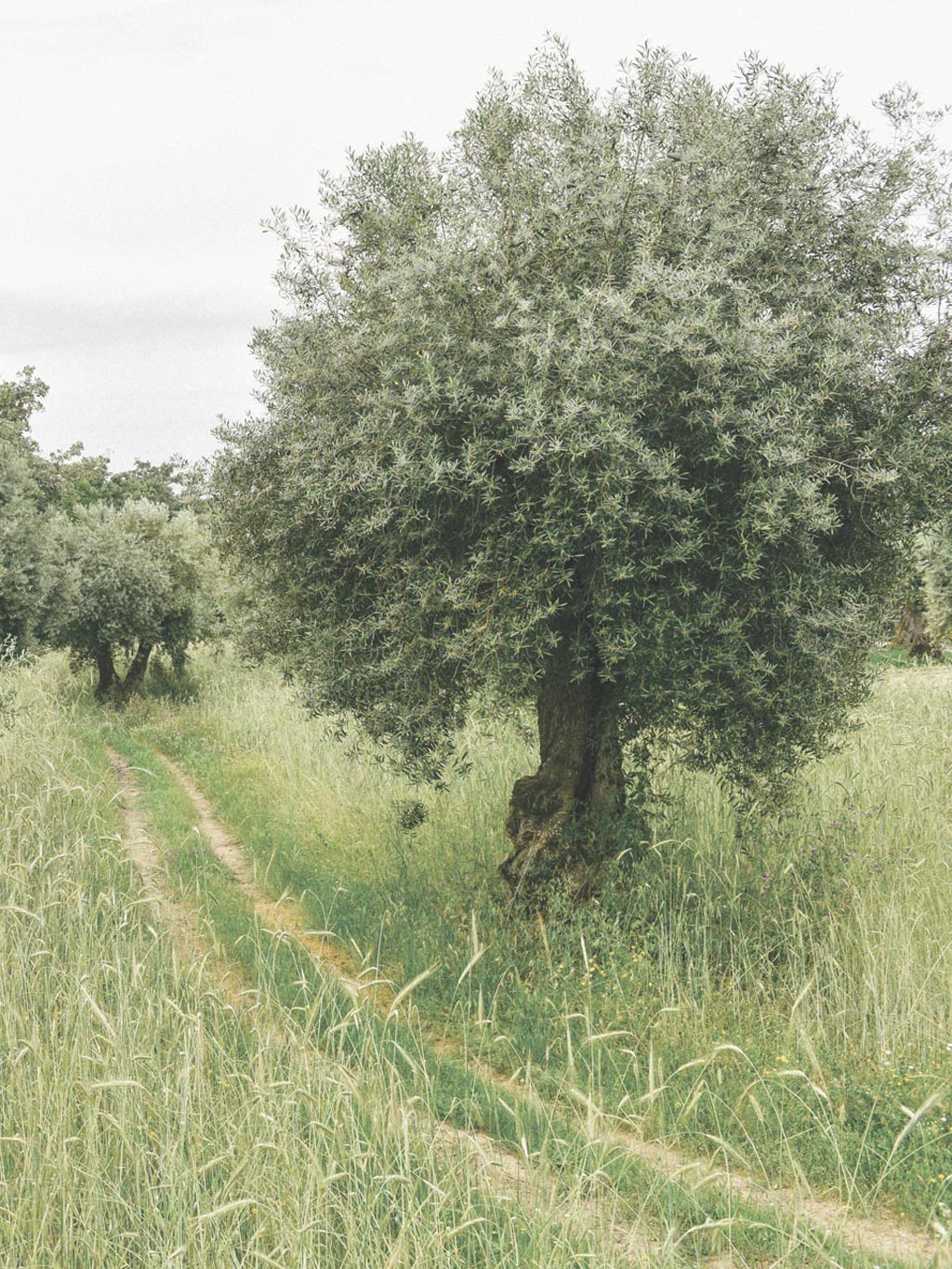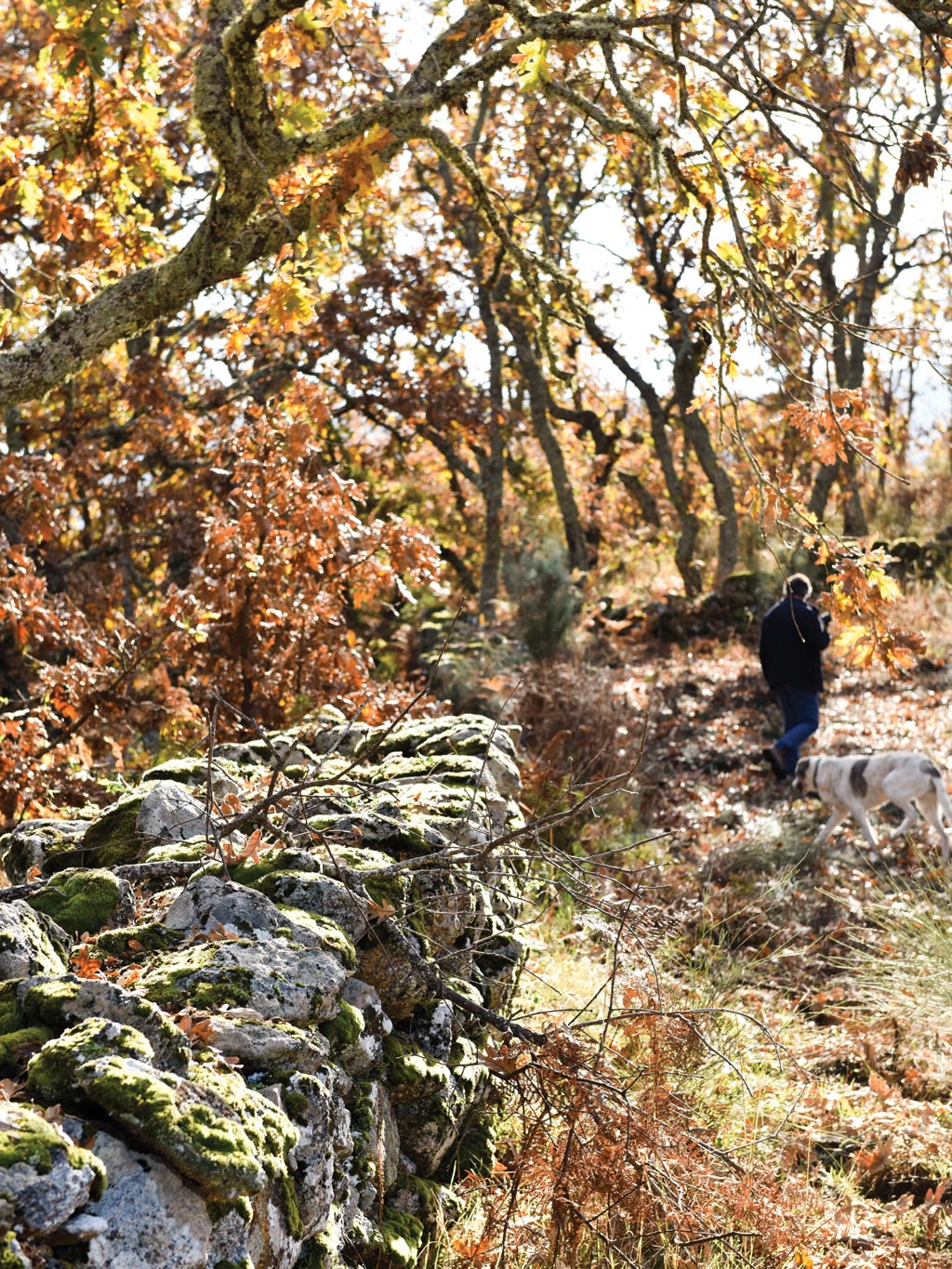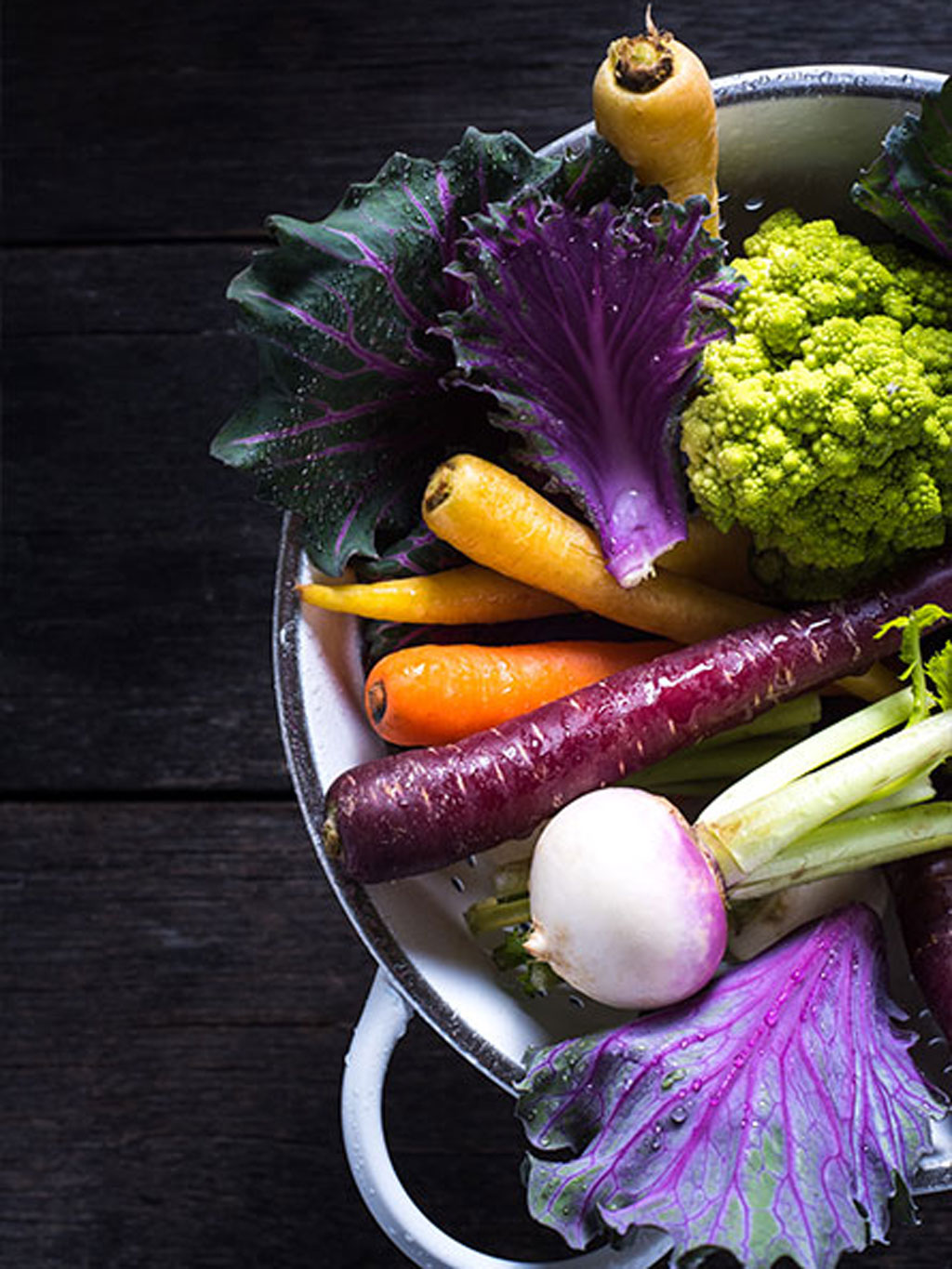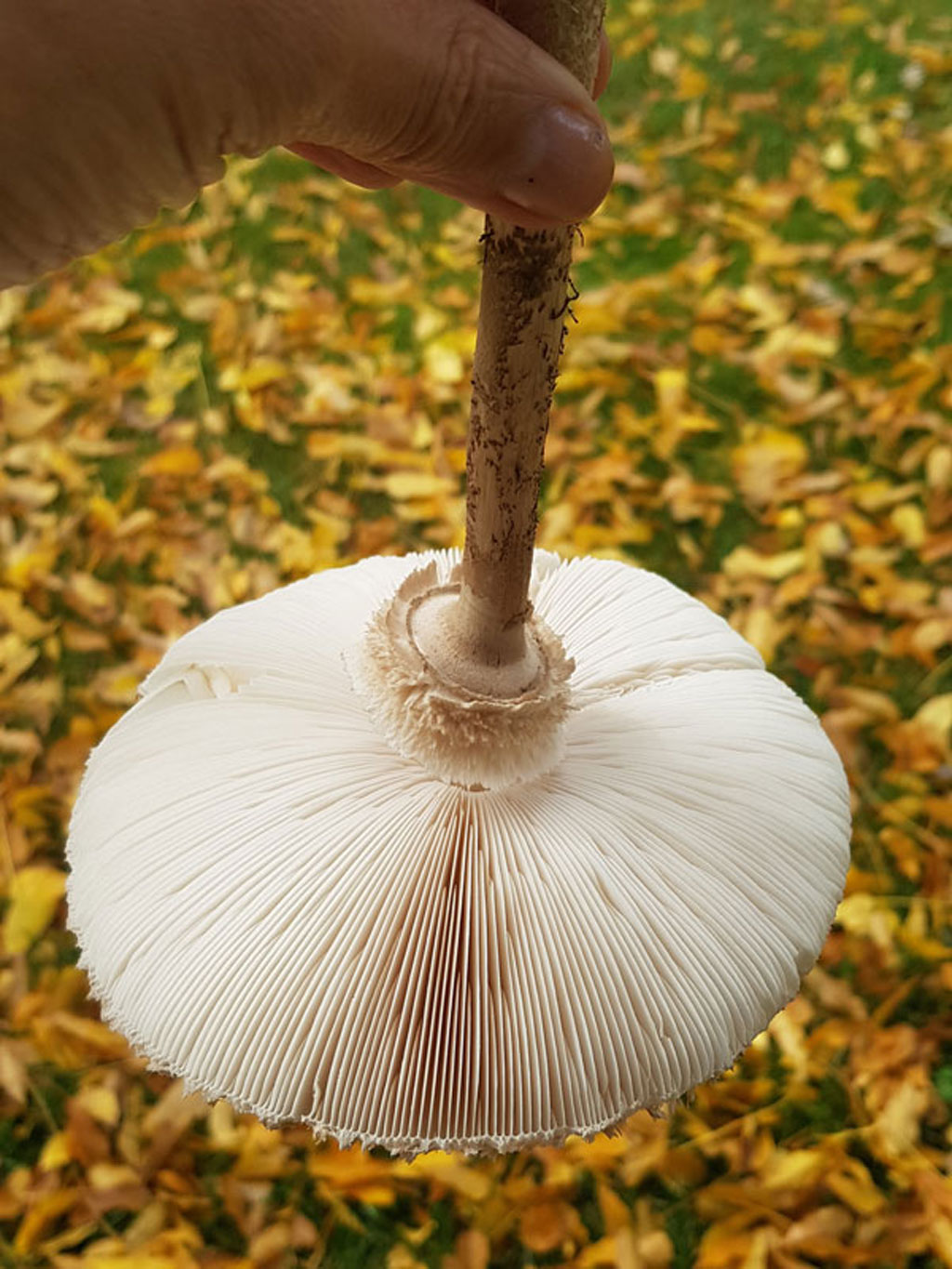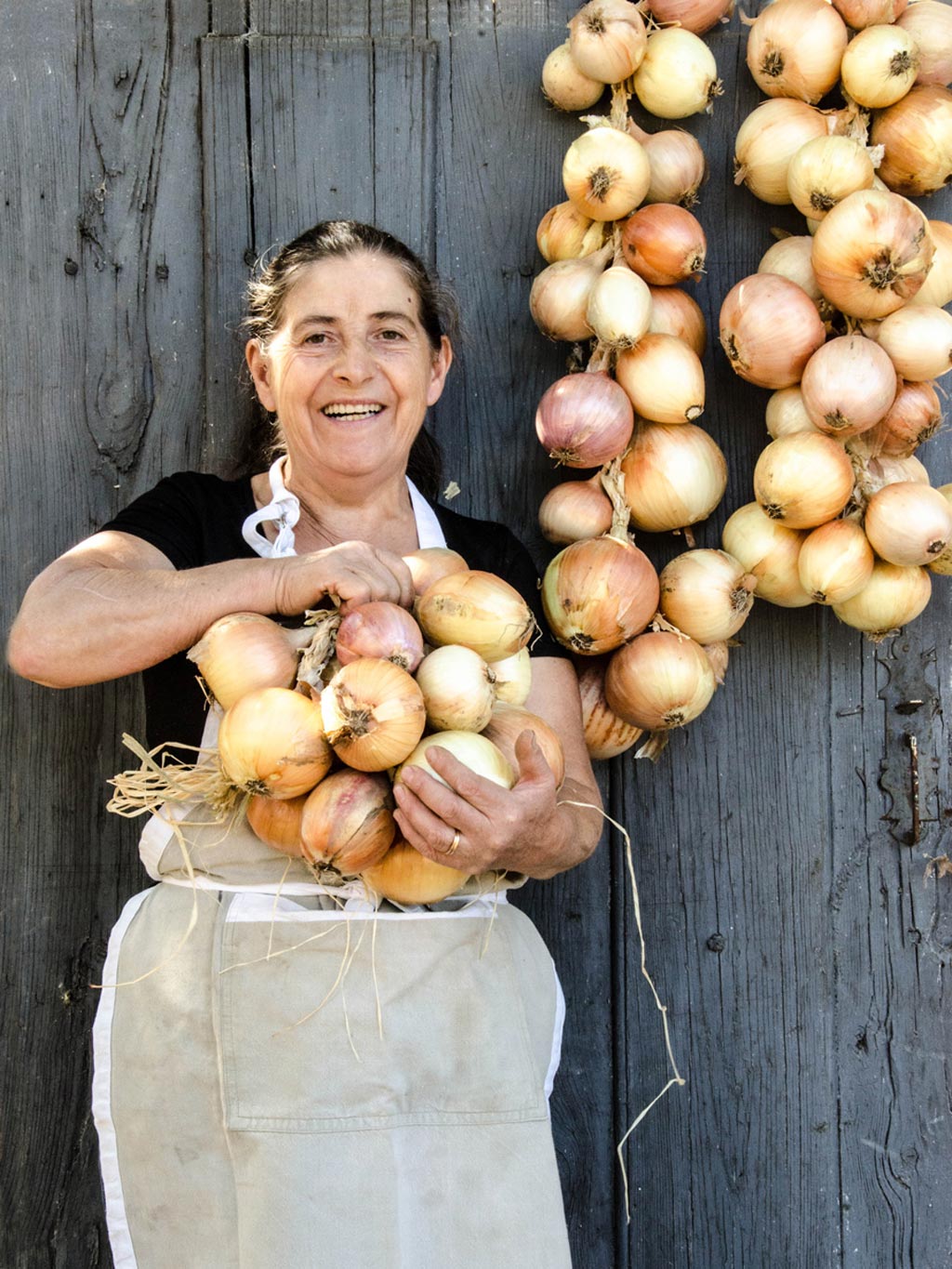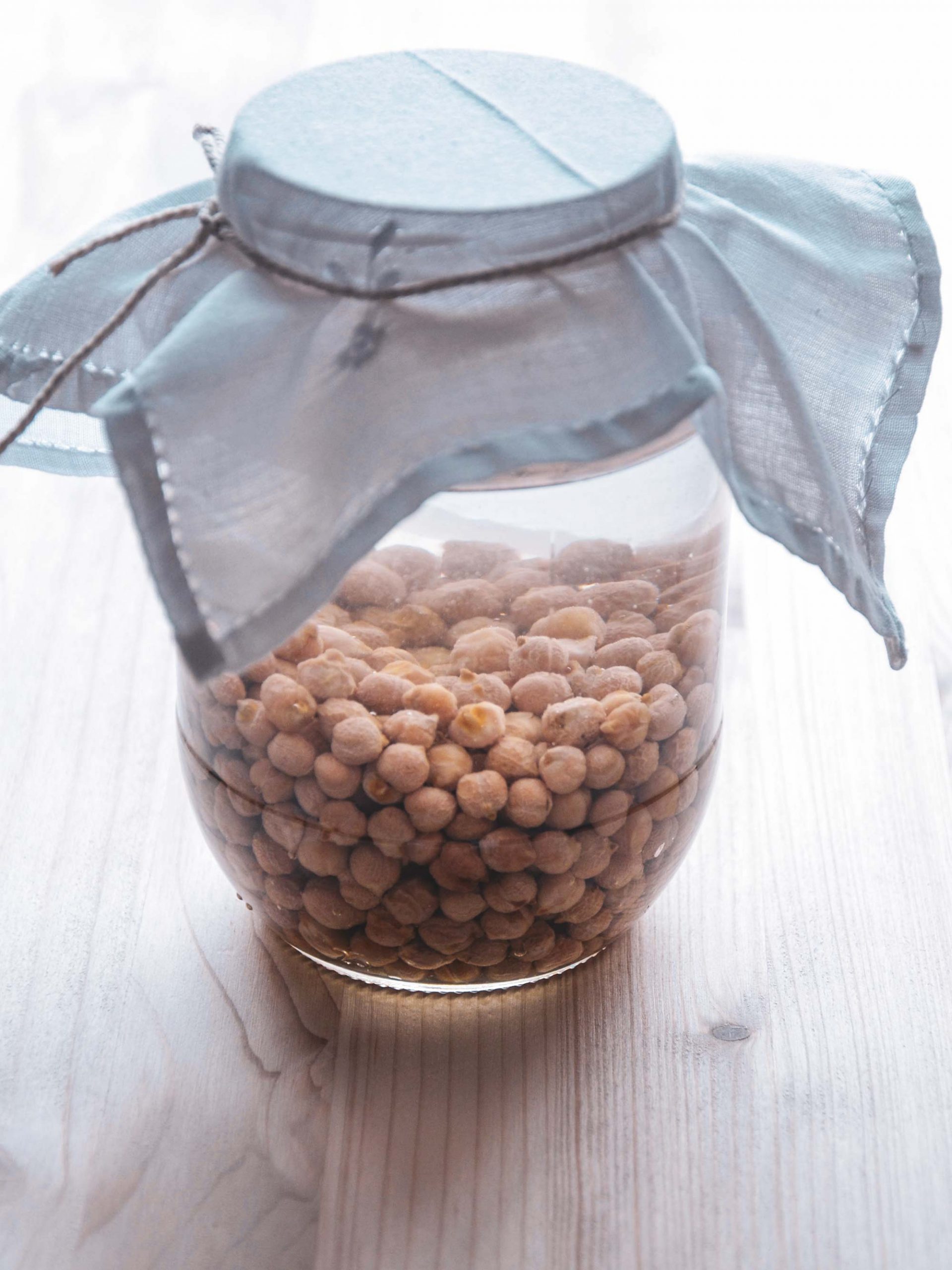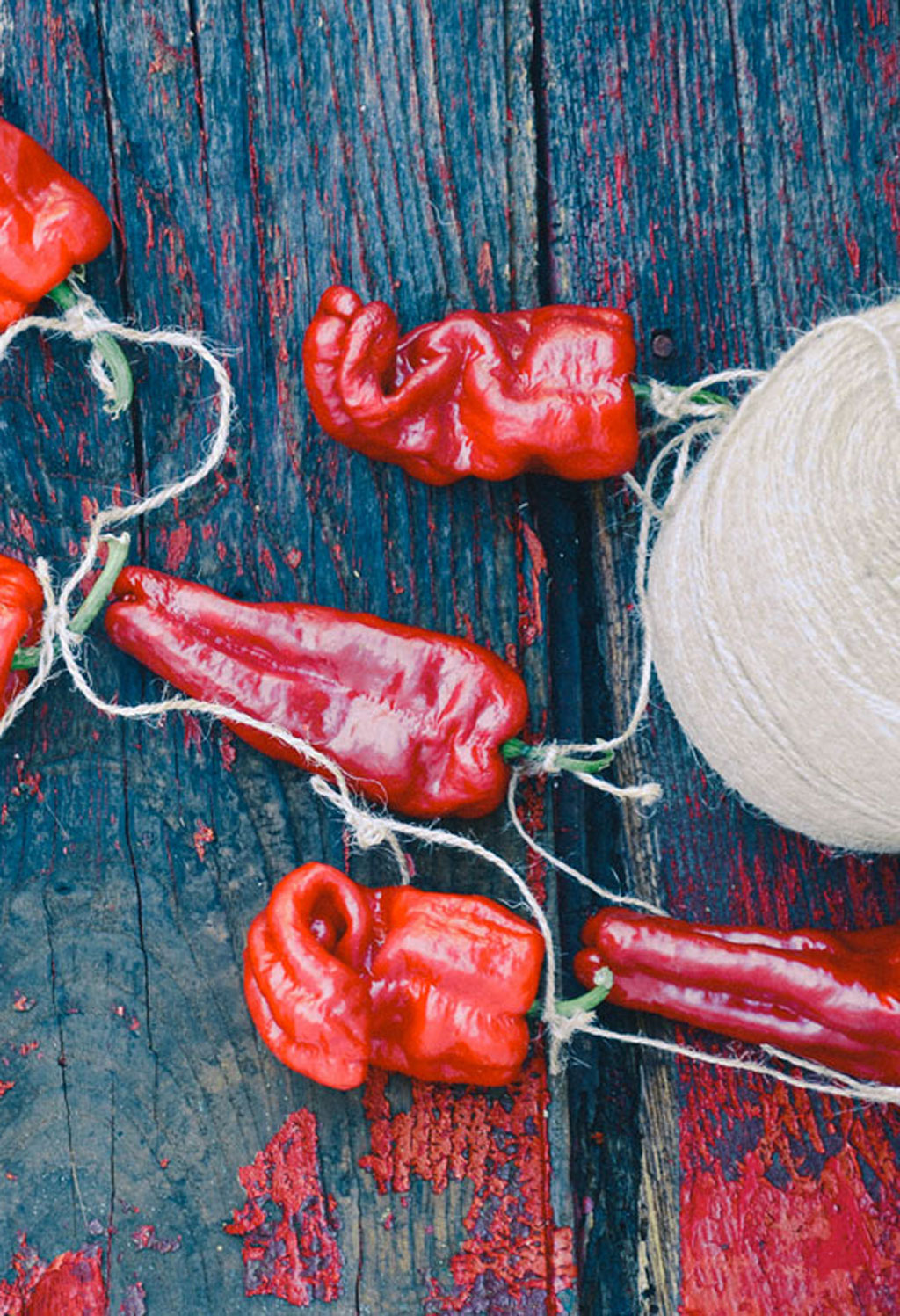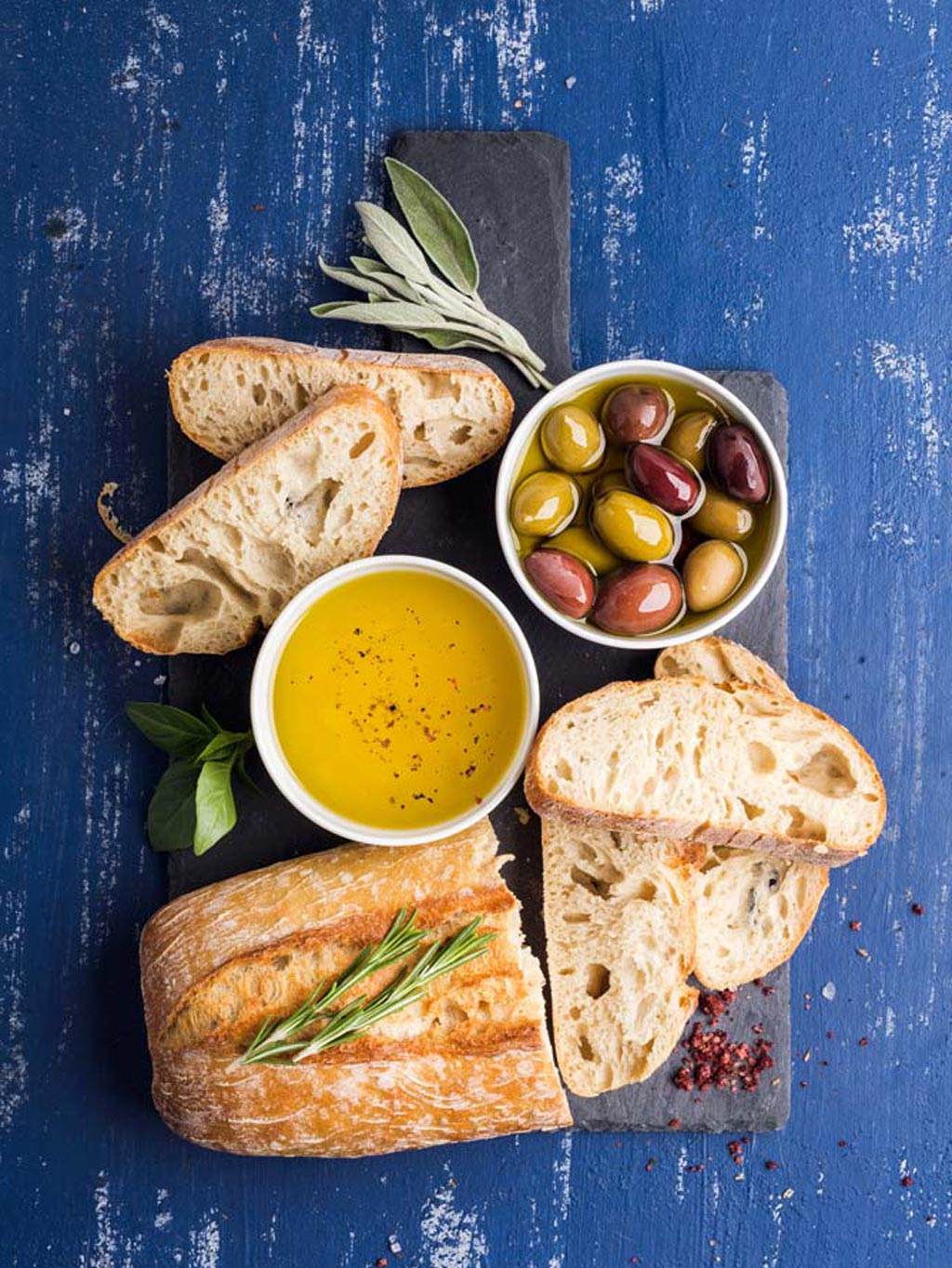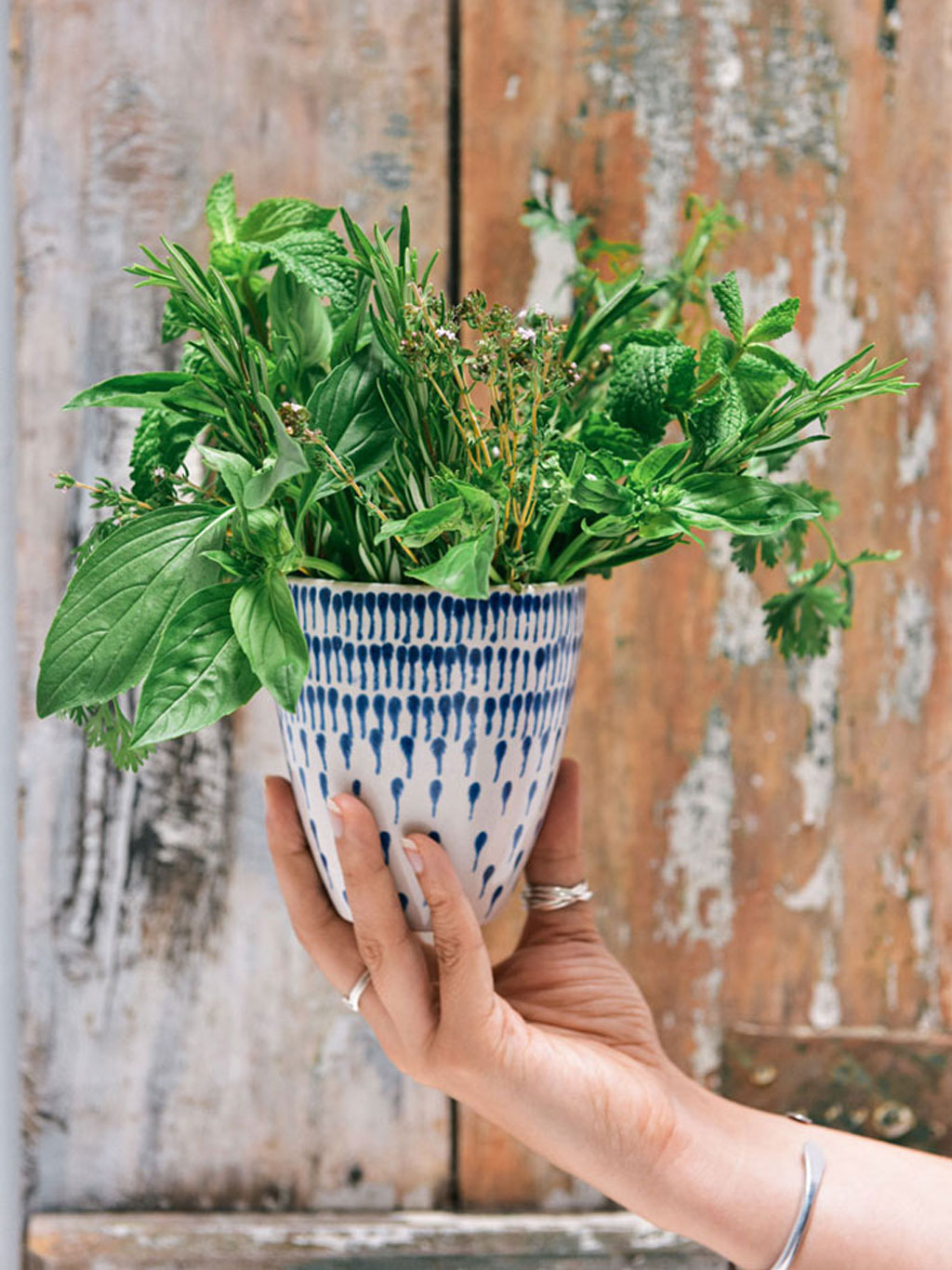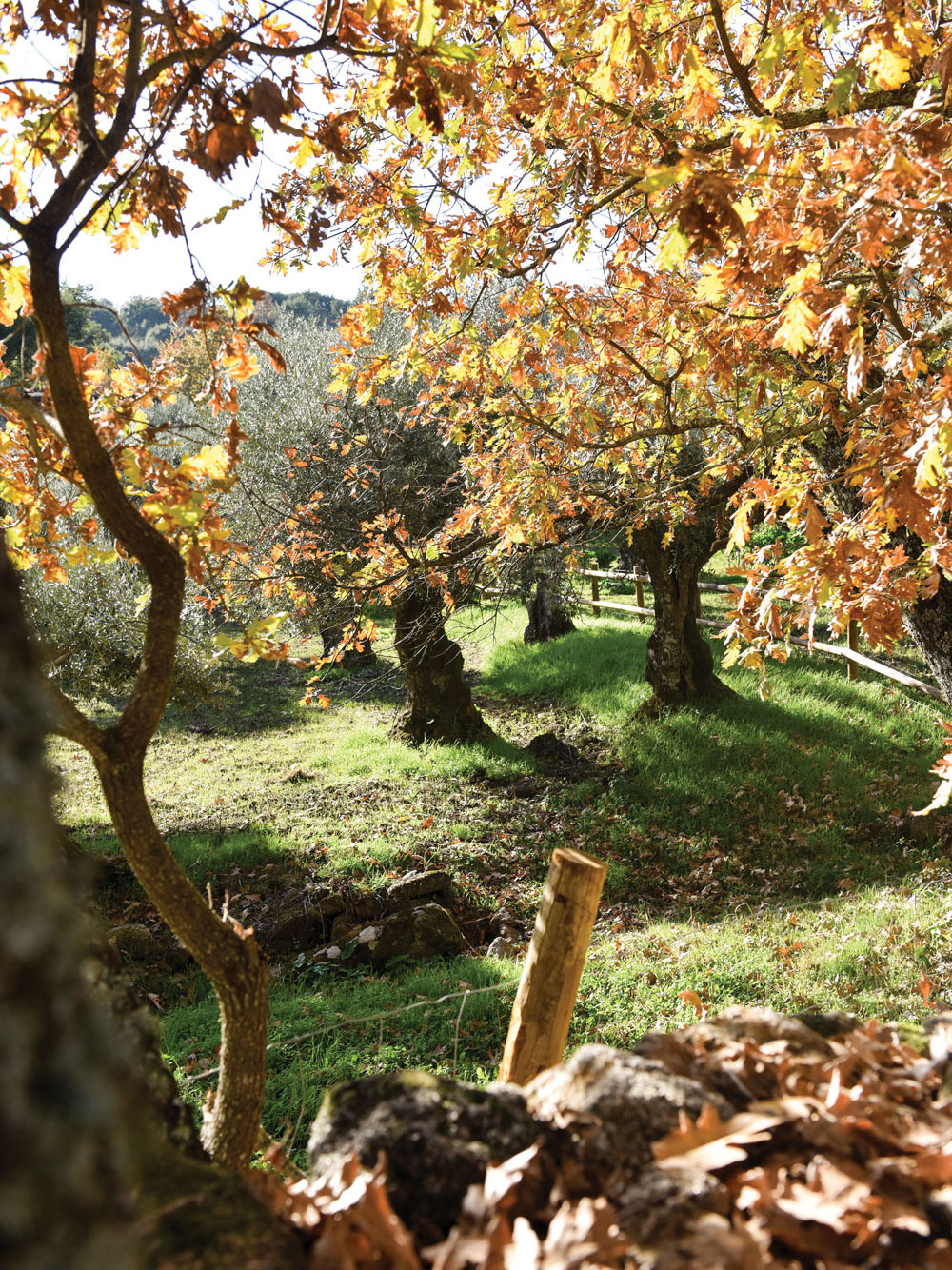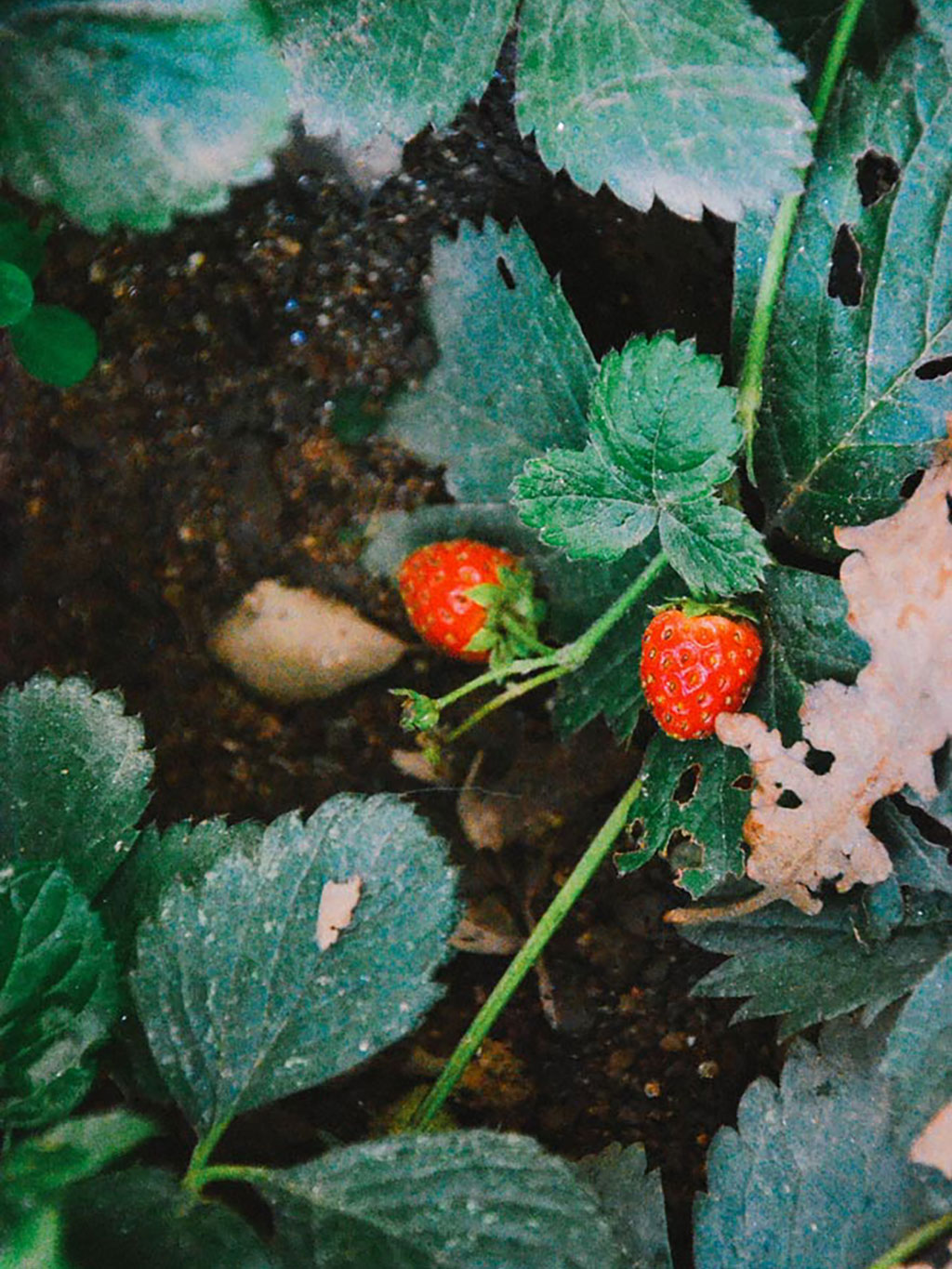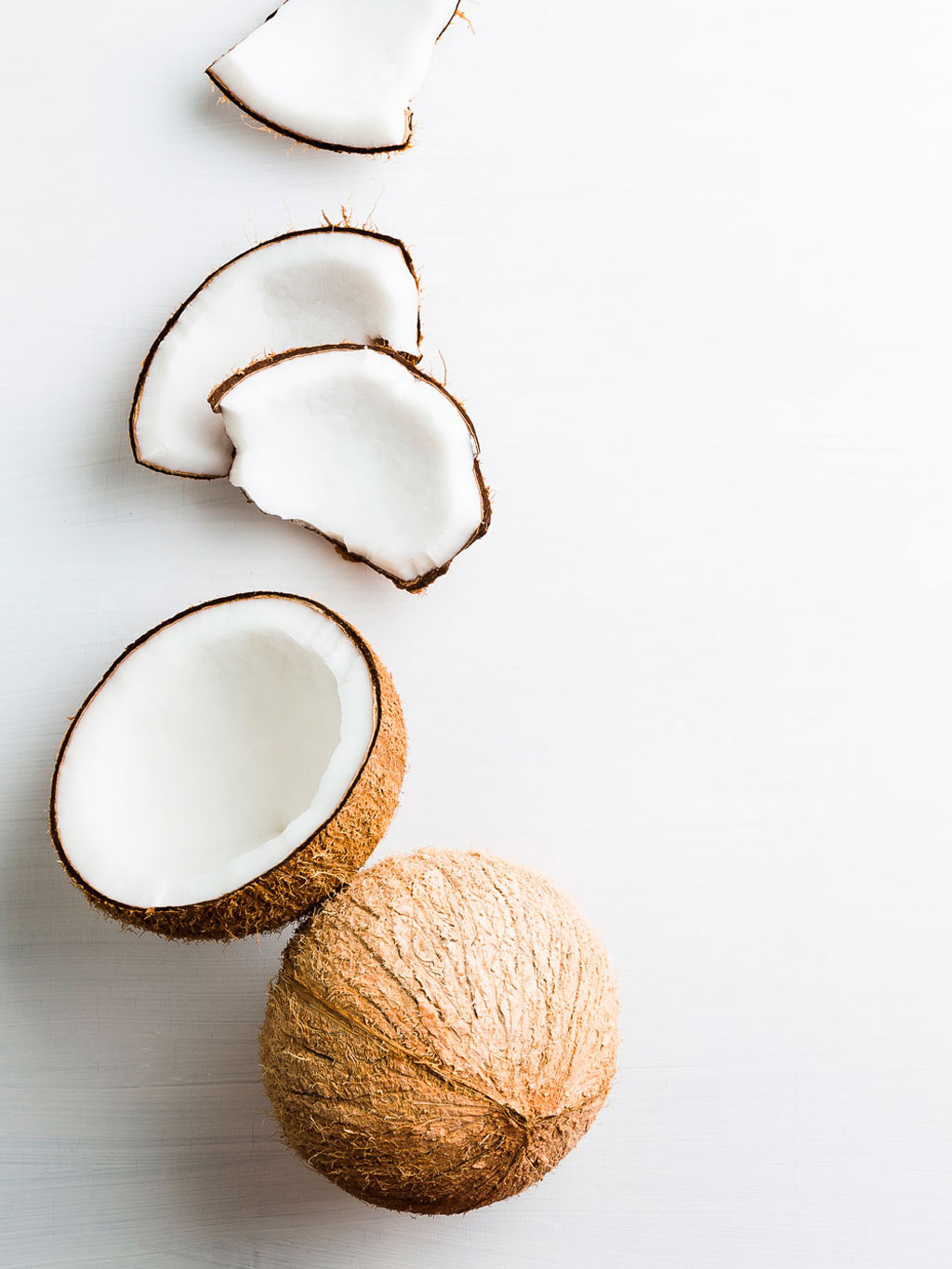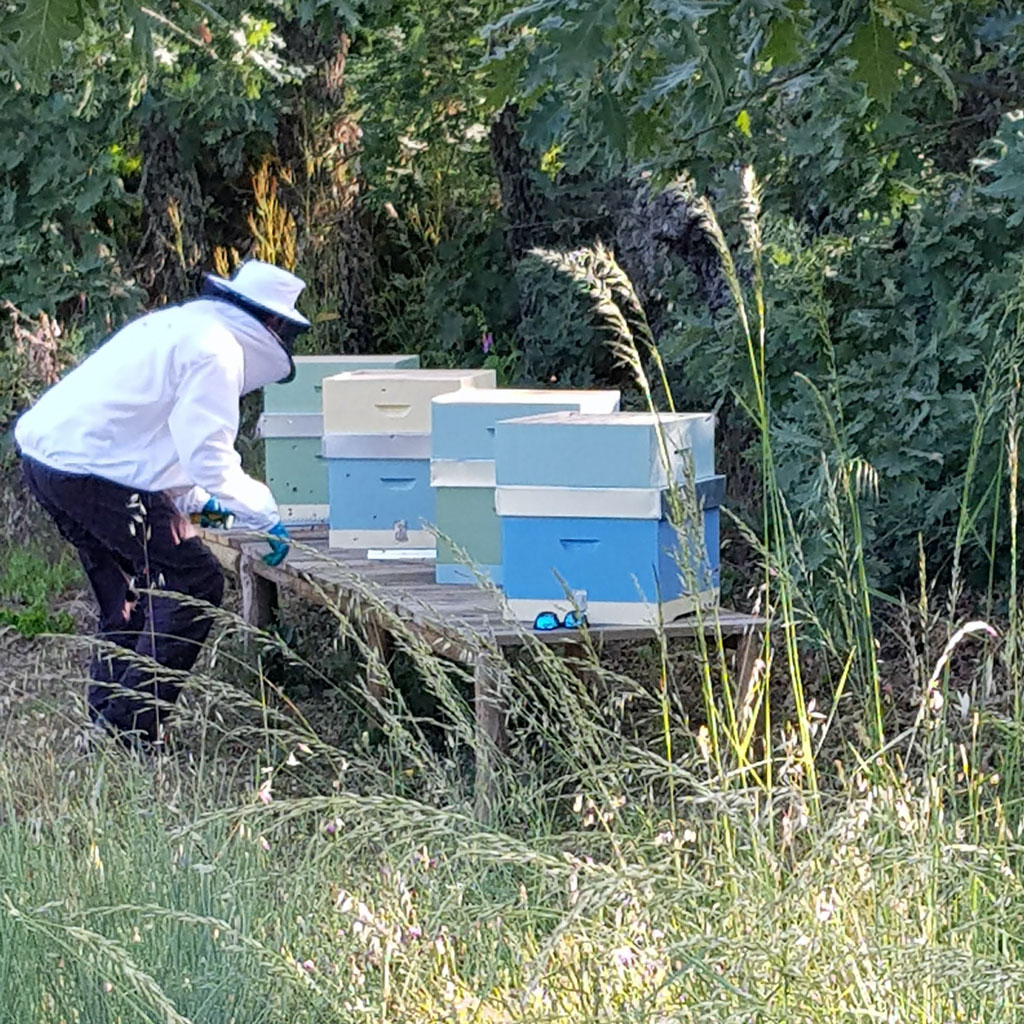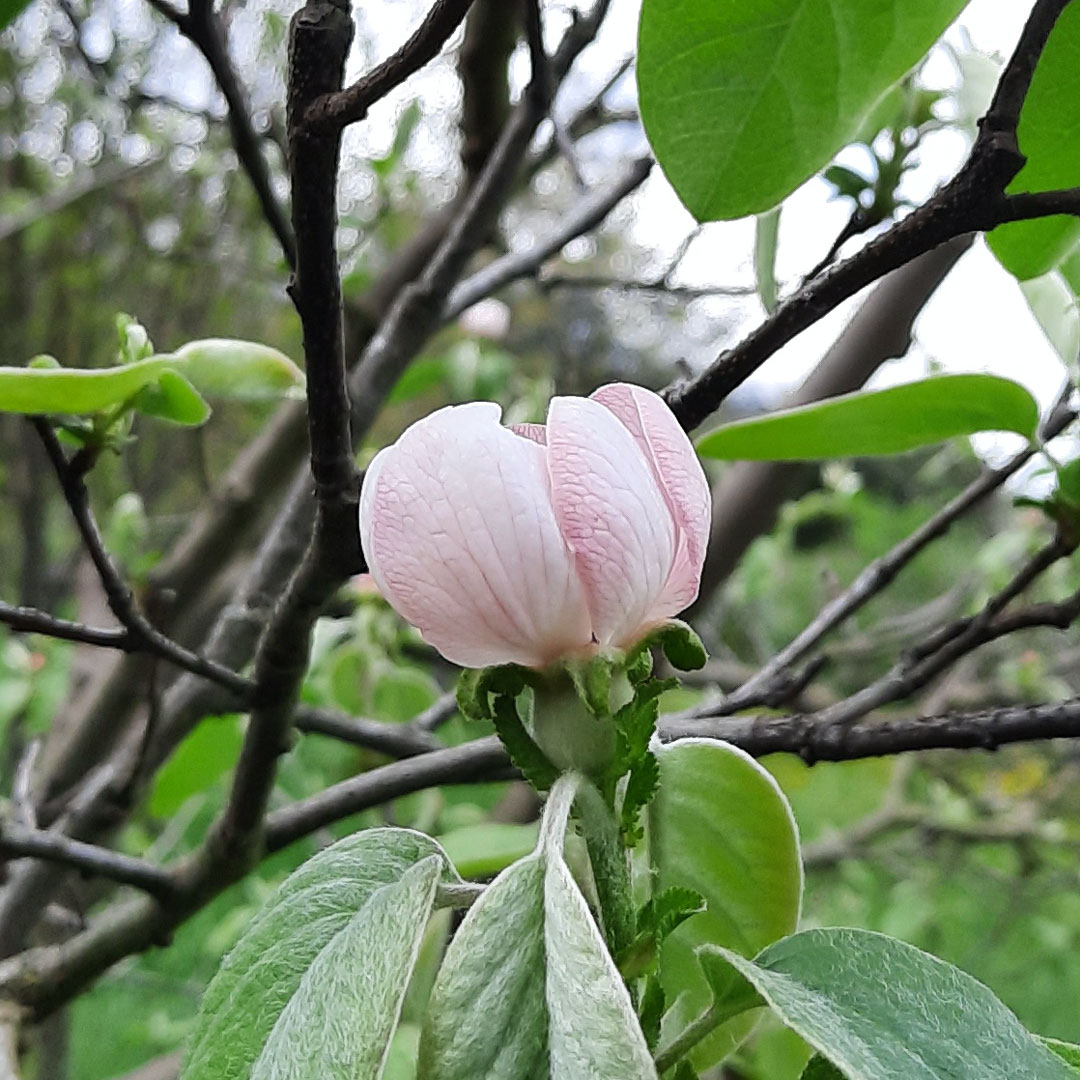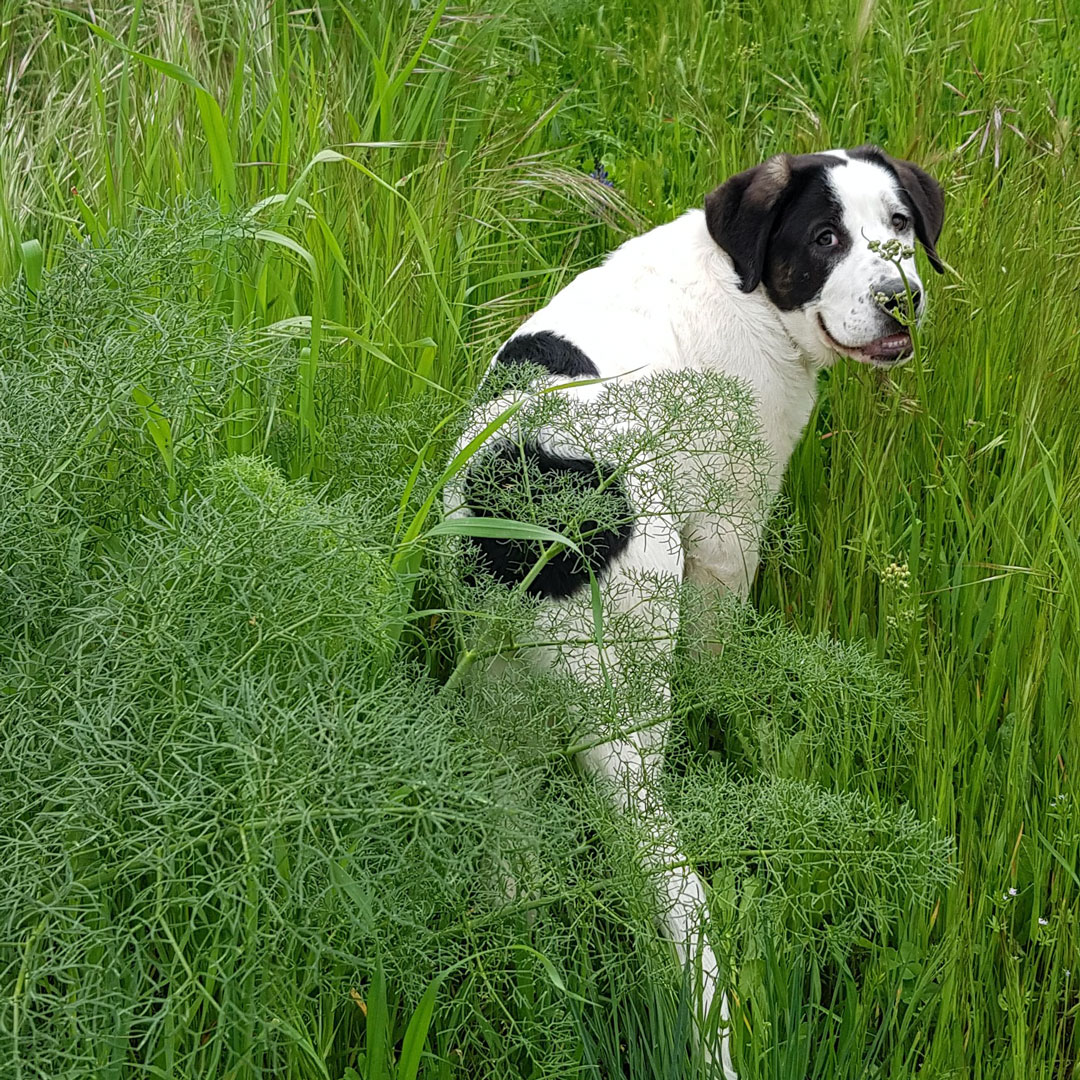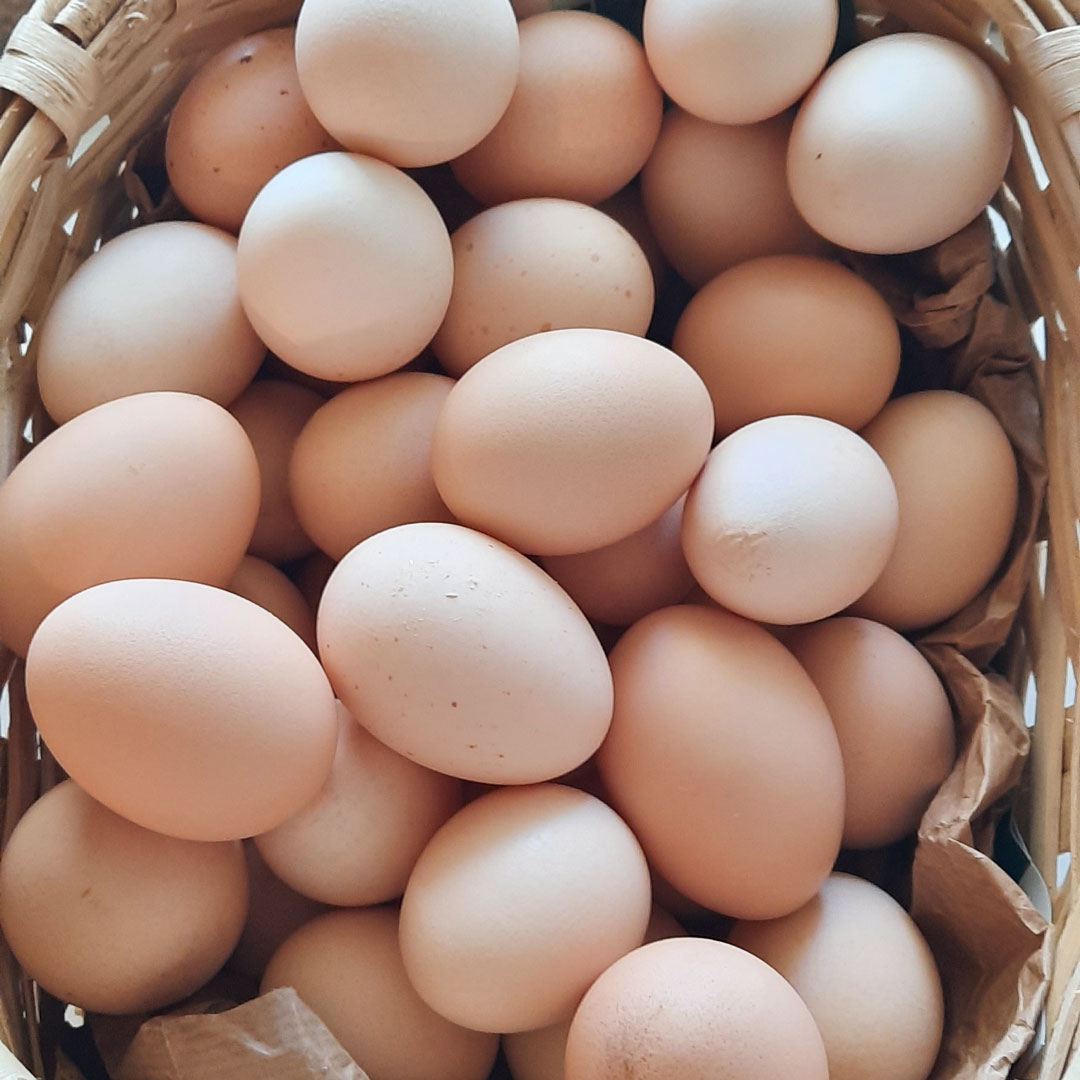Biological or organic
agriculture is the most widespread. It is officially recognized in developed countries and evolved as an alternative to increasingly industrialized, intensive and depleting agricultural methods. It preaches the respect for ecosystems, attaching particular importance to soil fertility and the water cycle; it enhances native species and crop rotation. It bans the use of chemical synthetic products such as fertilizers and pesticides. Despite the study drawn up by the European Union in 2016, proclaiming undeniable benefits to human health much needs to be done for its support, promotion and protection.
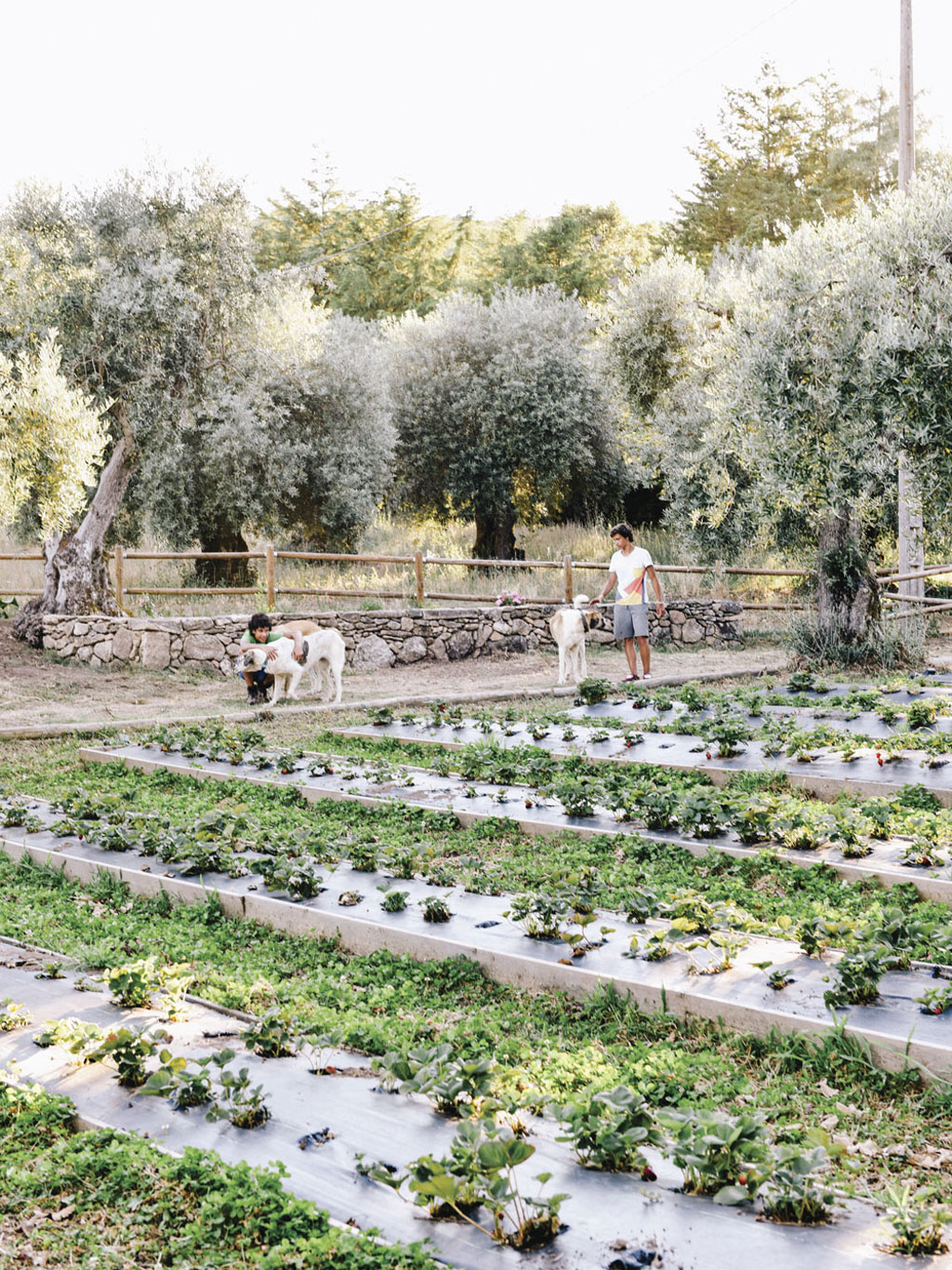
The proposal for a new European regulation for organic farming has been approved by the Commission for the European Parliament. However, the necessary votes from the Plenary and the Council of Ministers still need to be awarded for the Regulation to become binding and later enforced by 2021.
Biodynamic Agriculture
agriculture is less popular yet fascinating due to its spiritual connotations. It is based on the reflections of the Polish philosopher Rudolf Steiner in 1920 and his new thinking, named anthroposophy, evoking the need to capture elements of a spiritual nature present in the environment. Applying his philosophy to agriculture means that it is vital to consider the agricultural space as an indivisible whole and maintain the link between the existing matter and the energy of the natural environment including all subtle influencing forces. In accordance to biodynamic agricultural theory, the health of the soil, plants and animals, is correlated to forces of cosmic origin and the balance between farming activities, the rearing of animals and the use of energy resources are all inter related. It advocates sustainability.
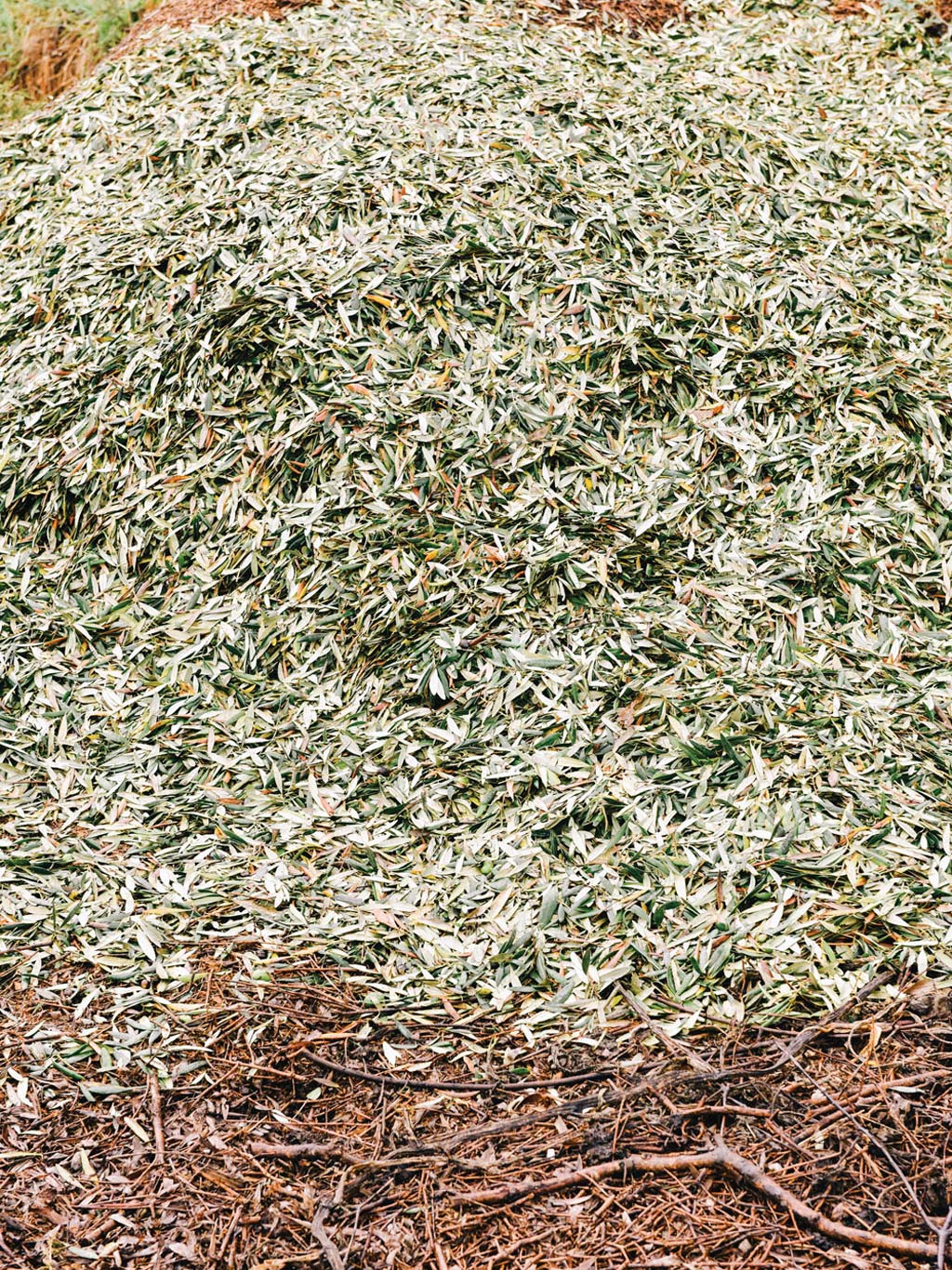
Permaculture
is the trendy form of agriculture which arouses both curiosity and amazement. In the 1970s Bill Mollison, an Australian, spread the idea of a “permanent agriculture” engineering a mixture of different types of agricultures, resembling a forest. Permanent and ecologically stable farming systems are created with very little human intervention, through the best use of the land and local resources. Joining several crops in the same space such as fruit trees, pasture, vegetables and animals, gives this form of agriculture a multi-faceted aspect which is managed according to the landscape and energy features on a permanent or semi-permanent basis. At a first glance, it seems very haphazard but in actual fact, nothing is there quite by chance. Symbiosis is perfect among living beings sharing the same soil, establishing trade-offs, and developing a very interesting and productive ecosystem, obviously without the use of chemicals.
Visit to find out more:
What is Agroecology?
Biodynamics Portugal
Biodynamic agriculture gains followers in Portugal
What is Permaculture?

